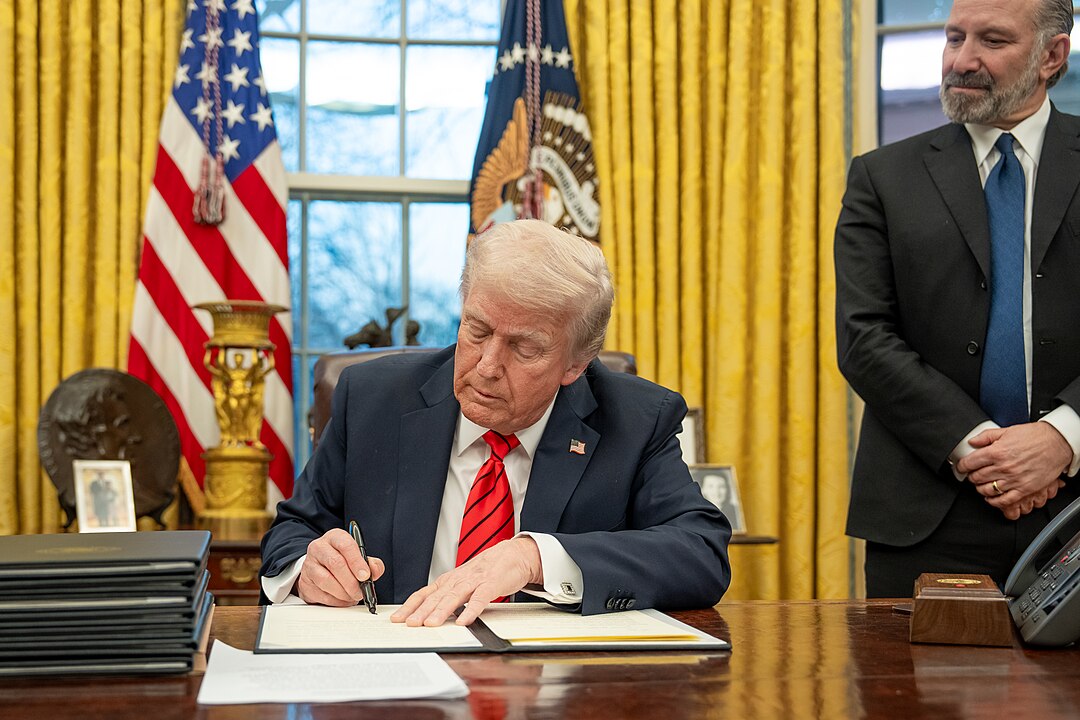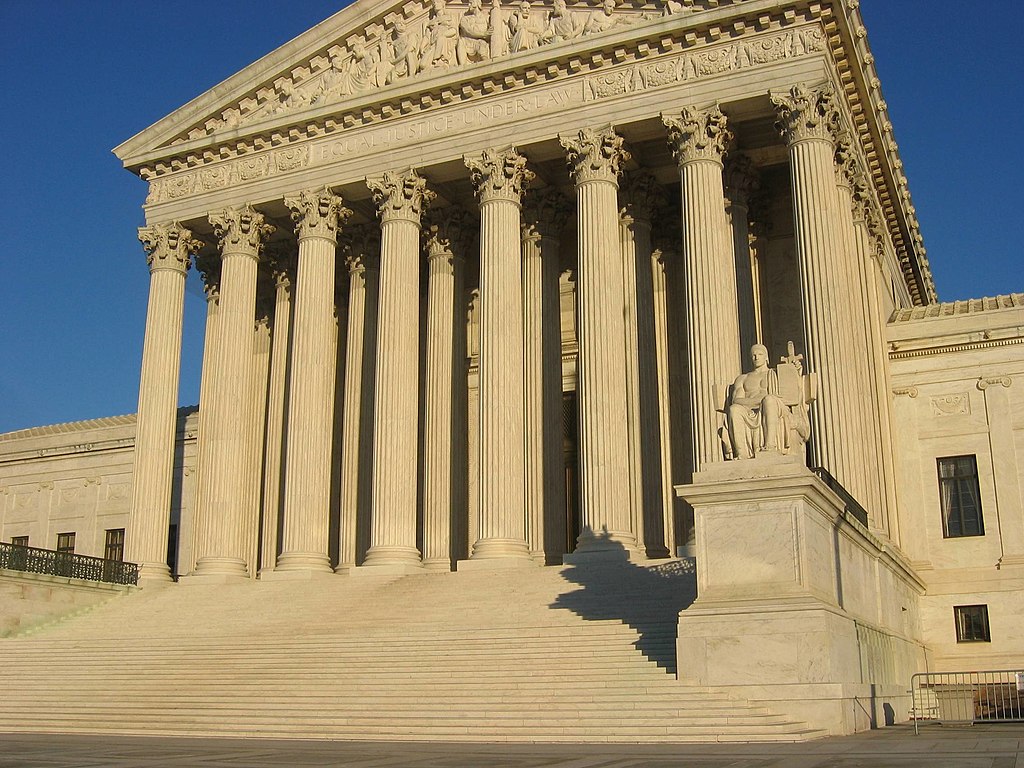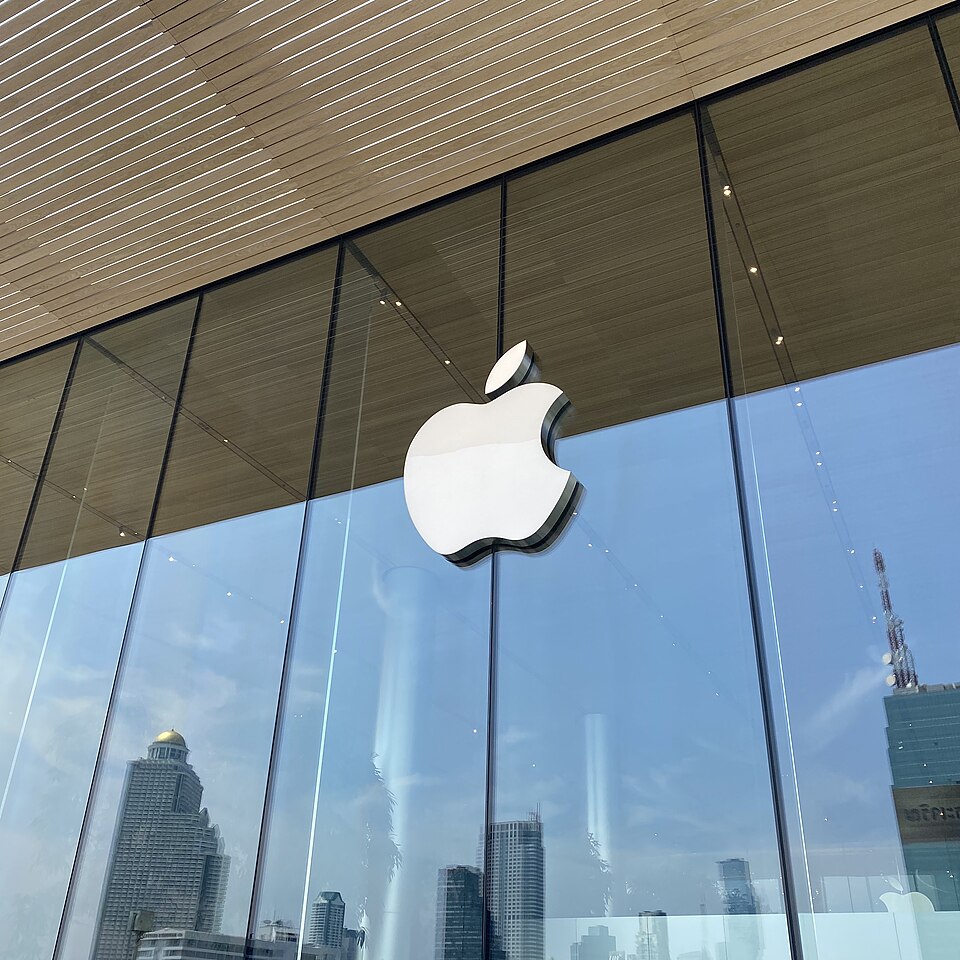President Donald Trump met privately on Monday with the chief executives of three of the country’s largest retailers—Walmart, Target, and Home Depot—to discuss how his proposed tariffs on imported goods could impact both the retail sector and American consumers.
The closed-door meeting, held in the Oval Office, was not listed on the president’s public schedule and was first reported by Bloomberg. It comes as Trump continues to promote a “reciprocal” tariff policy, with the goal of protecting American industries but has sparked concern among retail giants who depend heavily on global supply chains.
Attending the meeting were Doug McMillon of Walmart, Brian Cornell of Target, and Ted Decker of Home Depot. While a White House official initially indicated that a Lowe’s representative would also be present, the company ultimately did not attend.
After the meeting, all three companies issued near-identical, carefully worded statements characterizing the conversation as “productive” and “constructive.”
President Trump also described the meeting in positive terms, telling CNBC, “It was an honor to have them” and saying the talks “went very well.”
For the retail industry, the threat of expanded tariffs comes at a precarious time. After several years of high inflation, many U.S. households remain price-sensitive, and retailers are under pressure to keep prices low to maintain foot traffic.
While Walmart, the nation’s largest grocer, may be somewhat insulated—with about two-thirds of its products made, grown, or assembled in the U.S.—it still imports roughly one-third of its inventory, mostly from China and Mexico, according to CFO John David Rainey.
Target, however, is more vulnerable. The retailer’s model relies heavily on imported discretionary goods like clothing, home décor, and furniture. The company has seen flat revenue growth for the past four years and recently projected only 1% sales growth for the current fiscal year.
The National Retail Federation (NRF), the trade group that represents many of the nation’s largest retail companies, has been vocal in its opposition to the proposed tariffs.
“More tariffs equal more anxiety and uncertainty for American businesses and consumers,” said David French, NRF’s executive vice president of government relations.
President Trump’s tariff policy, which he campaigned on under the banner of economic nationalism, has been evolving. Though initially aggressive, the administration has pared back some of its proposals in recent weeks.
Monday’s meeting signals that Trump is willing to hear their concerns—but whether that translates into policy adjustments remains to be seen.




